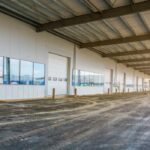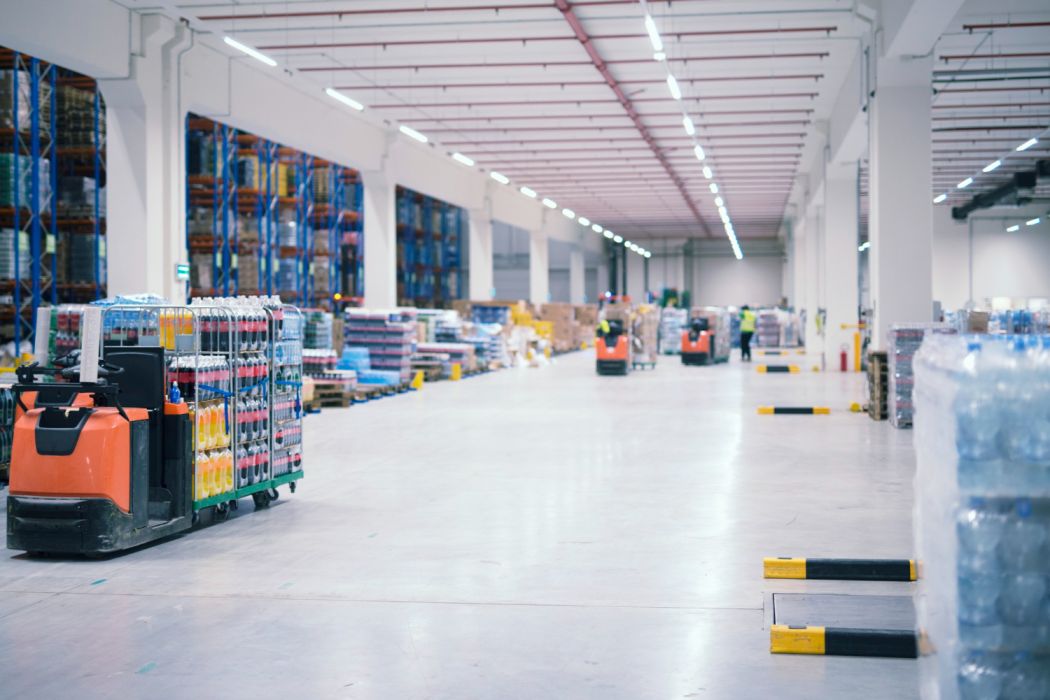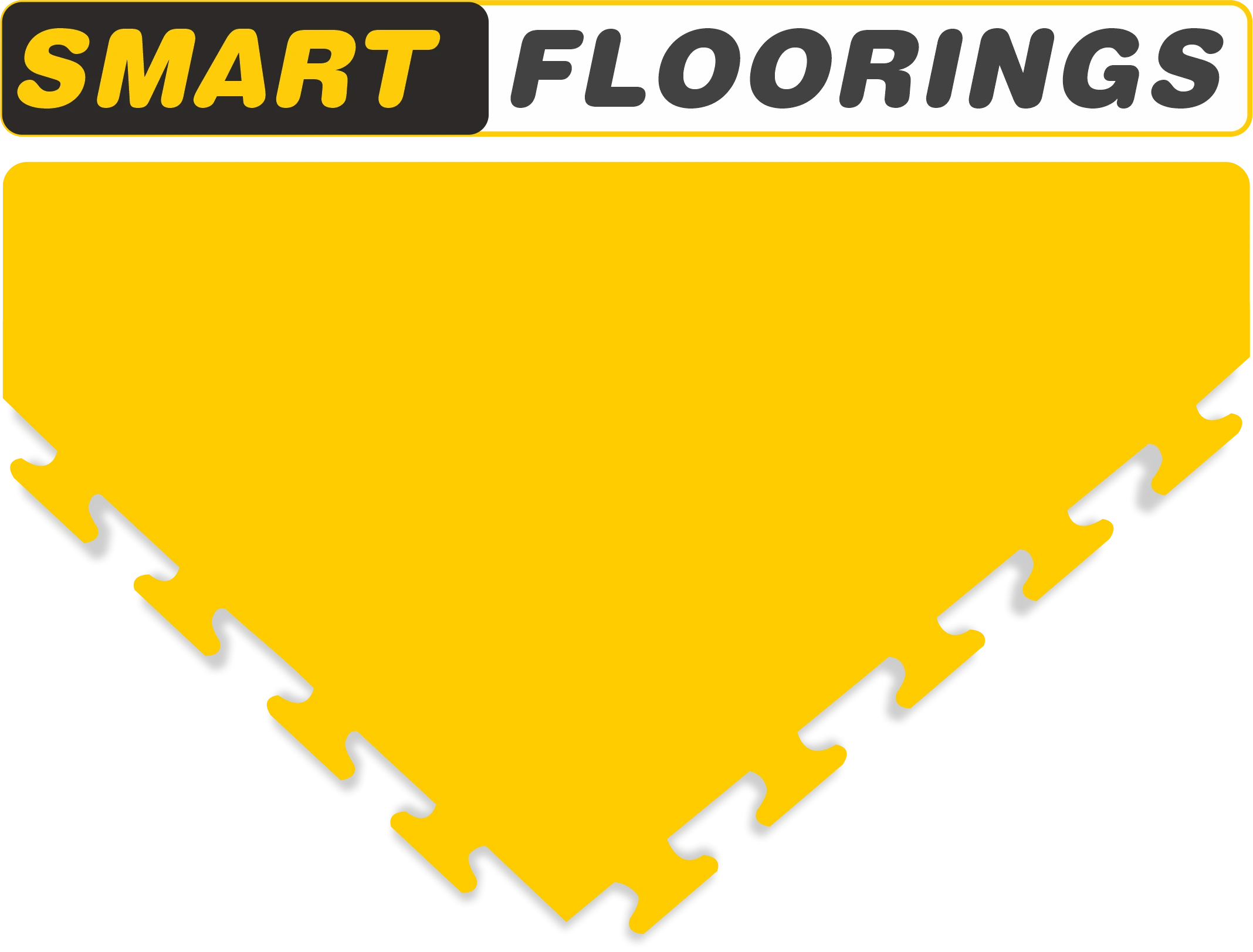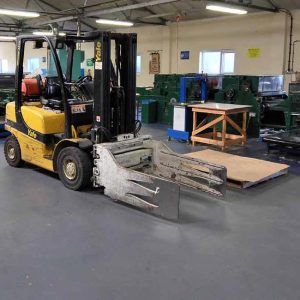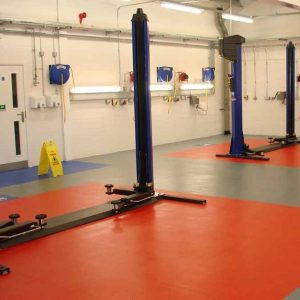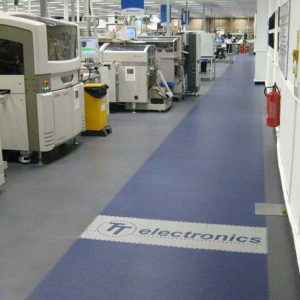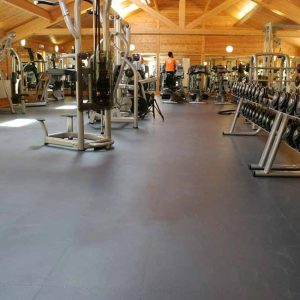Best Warehouse Flooring in Delhi
Warehouse Flooring in Delhi
Forget the Ordinary & Embrace the Ecotiles
The Perfect Warehouse Ecosystem for Maximum Efficiency, Stunning Aesthetics, and Minimal Maintenance!
1. Efficiency
2. Aesthetics
3. Minimal Maintenance
Essential Characteristics of Quality Warehouse Flooring
1. Hygiene
2. Safety
3. Resistant
4. Environmental benefits
Why Choose Smart Flooring’ Ecotiles as Your Warehouse Flooring in Delhi?
FAQ’s
What is the Best Flooring for Warehouses with Heavy Machinery?
PVC tiles are the best flooring for warehouses with heavy machinery. They are durable, slip-resistant, and easy to install. Companies like Smart Floorings offer these PVC tiles with interlocking edges. That means you can fix them over your floor without the assistance of any professional. Made from recycled materials, PVC tiles are environmentally friendly and provide excellent shock absorption. It reduces fatigue for workers. Their interlocking design ensures a seamless and secure fit, making them ideal for high-traffic areas with heavy machinery.
What Are the Costs of Installing Warehouse Flooring in Delhi?
The size of the space and the type of material used determines how much warehouse flooring installation in Delhi will cost. Additionally, you should think about the type of flooring you want to choose. The cost of PVC tiles, including labour, ranges from ₹150 to ₹250 per square foot. This is the most economical option for your Delhi warehouse. It guarantees a long-lasting, low-maintenance floor that is ideal for any warehouse.
How Do I Choose the Right Warehouse Flooring for My Business?
Durability, slip resistance, ease of maintenance, and other considerations are crucial when choosing flooring for a warehouse. PVC tiles offer a great mix of these attributes. These recycled material tiles provide an environmentally responsible option that is resilient to heavy equipment and heavy foot usage. Furthermore, their adaptable designs can improve your warehouse’s visual appeal.
What flooring is used in warehouses?
Since warehouses are busy areas that experience heavy traffic and loads, they need flooring that can endure all these. There are many options for warehouse flooring; however, epoxy coatings and polished concrete are the most preferred ones. Compared to other options like vinyl, hardwood, carpet, etc., these can endure more impact without any damage.
How thick is a warehouse floor?
Warehouse floor thickness depends on the kind of goods that will be stored and the machines and equipment that will be used. For light to medium use, warehouse floors should be at least 15 cm thick; for heavy use, they should be 20 cm thick; and for a warehouse that houses heavy equipment or a lot of inventory, they should be 20 cm thick or more.
How long does warehouse flooring last?
The life of warehouse flooring varies as per the material used. If you have used epoxy or concrete flooring, then you can expect it to last for 5-10 years. Polyvinyl chloride (PVC) tiles or planks can last from 10 to 20 years.
Which type of floor is suitable for a Godown?
The optimum flooring for a Godown is determined by its intended usage, however, concrete floors are frequently selected because of their durability, load-bearing capability, and low cost. PVC tile is a great choice since it is resistant to chemicals, impacts, and moisture. For heavy machinery, reinforced concrete or polyurethane flooring is ideal. Furthermore, if Godown handles fragile items, PVC rubber flooring can minimize damage while providing a safe, non-slip surface for workers.
What is the cost of warehouse flooring installation?
The cost of warehouse flooring installation varies according to the flooring type, area size, and preparation work required. Concrete flooring costs around ₹200-₹300 per square foot, whereas epoxy coatings can cost ₹400-₹800 per square foot. Polished concrete or high-end materials such as polyurethane flooring may be more expensive. Additional expenses, such as repairs, levelling, or customizations, might raise the budget. It is advisable to talk with a flooring contractor to obtain an exact quotation for your requirements.
What is the most durable flooring for warehouses?
For maximum durability, PVC floors are ideal for warehouses. They withstand heavy loads, resist wear and tear, and are highly resistant to chemicals and impacts. PVC is another durable option, offering excellent longevity and low maintenance. For specific industrial needs, polyurethane floors provide flexibility and durability in extreme conditions. Ultimately, the flooring choice depends on the warehouse’s purpose, but these options ensure long-lasting performance, even in high-traffic or heavy-duty environments.
How do I repair damaged warehouse flooring?
To repair damaged warehouse flooring, first identify the problem, which might be cracks, potholes, or surface wear. For small cracks, use a concrete repair or epoxy filler. Larger portions may require grinding, resurfacing, or topping with a fresh epoxy or polyurethane coating. Sand the affected area and apply a new coating to repair damaged epoxy surfaces. Regular maintenance, such as sealing cracks early on, can help to prevent serious damage. Professional contractors like Smart Floorings offer long-lasting and smooth fixes for large-scale difficulties.
Can warehouse flooring be customized for specific needs?
Yes, warehouse flooring can be completely customized depending on unique needs. Options include anti-slip coatings for worker safety, chemical-resistant surfaces for sectors such as pharmaceuticals, and colour-coded zones for improved organization. Thickness and load-bearing capability can be customized for heavy machines or storage. Furthermore, modern flooring solutions such as ESD coatings reduce static discharge in electronics warehouses. Discuss your operating requirements with flooring professionals to create a surface that improves utility and efficiency.
How do temperature and humidity affect warehouse flooring?
Humidity and temperature have a big influence on warehouse flooring. When subjected to high temperatures, materials like concrete can crack, whereas low temperatures cause shrinkage and brittleness. Excess humidity raises the risk of moisture seepage, which can result in warping, mould, or surface damage, particularly on untreated flooring. PVC provides exceptional moisture resistance and thermal stability. Proper ventilation, insulation, and periodic sealing all help to mitigate these effects, ensuring the flooring's endurance in varying conditions.
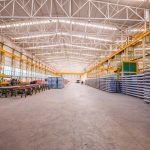
Best Office Flooring Solutions in India
Top 8 Reasons to Consider Industrial Flooring for Homes
